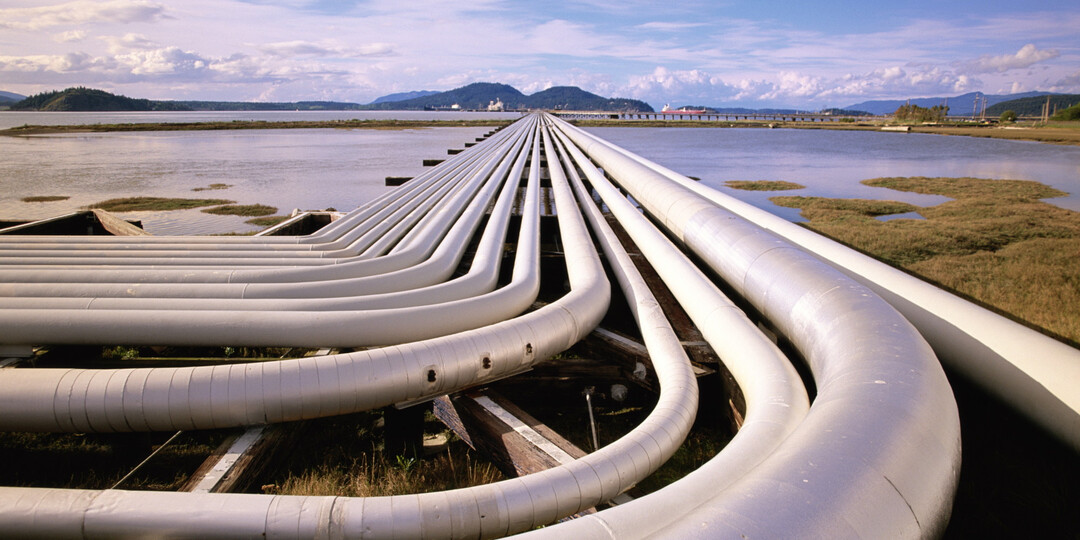
TOKYO – The Republic of Panama is moving forward with an ambitious project to construct a new gas pipeline that will traverse the Panama Canal zone, creating a vital link between the Pacific and Atlantic oceans. The announcement was made by Panamanian President José Raúl Mulino during a recent visit to Japan, signaling a major strategic push to bolster the nation's role in the global economy and energy market.
President Mulino, speaking at a forum for Japanese business leaders, officially unveiled the plan, calling it a "mega infrastructure platform" designed to "strengthen national competitiveness and meet the strategic needs of the global energy market." According to a press release from the Panamanian presidential office, the pipeline represents a significant investment aimed at securing Panama's long-term sustainability and competitiveness, particularly in a world where energy security is a growing concern.
The project is viewed not merely as a new revenue stream but as a crucial pillar for the nation's future. The existing Panama Canal, a century-old marvel of engineering, remains a linchpin of global maritime trade. However, the new gas pipeline initiative demonstrates Panama’s resolve to diversify its economic foundation and cement its position as a multi-faceted hub for logistics and energy. President Mulino emphasized that this "strategic investment" is a core component of his administration’s efforts to position Panama as a key player in the global economic landscape, ensuring the enduring relevance and value of its transit corridor.
The economic projections for the project are substantial. Ricaurte Vásquez Morales, the administrator of the Panama Canal Authority, expects the initiative to be a major job creator. He projected that the construction phase alone would generate an estimated 6,500 jobs, providing a much-needed boost to the local labor market. Once operational, the pipeline is anticipated to create a further 9,600 permanent positions, contributing to long-term economic stability and growth.
Furthermore, the financial returns are expected to be significant. Panamanian authorities project that the pipeline will generate an annual revenue of approximately $1.5 billion. President Mulino offered an even more optimistic outlook, stating that when economic value-add is considered, the total revenue could reach as high as $2.7 billion. These figures underscore the immense potential of the project to substantially increase the country's GDP and provide funding for future infrastructure and social programs.
The project is already on a fast track for development. Panamanian authorities plan to begin the process by accepting letters of intent from interested parties this year. This initial step will allow for a pre-qualification review of potential partners, ensuring that only the most capable and experienced firms are considered. The final contractor selection is scheduled to be completed by the fourth quarter of next year.
The timing of the announcement in Japan was a deliberate move, highlighting the potential for international partnerships. The Panamanian presidential office reported that more than 30 Japanese companies participating in the forum expressed considerable interest in the pipeline project. This strong initial reception suggests a high likelihood of collaboration with Japanese firms, which are renowned for their expertise in major infrastructure and energy projects. The interest from Japanese business leaders aligns with President Mulino's broader agenda during his visit, which also includes a summit with Japanese Prime Minister Shigeru Ishiba and participation in the 'Panama National Day' ceremony at the Osaka Expo.
The new gas pipeline can be seen as a strategic response to evolving global trade patterns and the rising demand for efficient energy transit. As a nation uniquely positioned at the crossroads of two major oceans, Panama is leveraging its geographic advantage to create an entirely new corridor for energy resources. The project is poised to attract global investment, create thousands of jobs, and secure Panama's place not just as a hub for maritime trade but as a critical node in the international energy network. It marks a bold step toward a more diversified and resilient economic future for the Central American nation.
[Copyright (c) Global Economic Times. All Rights Reserved.]






























